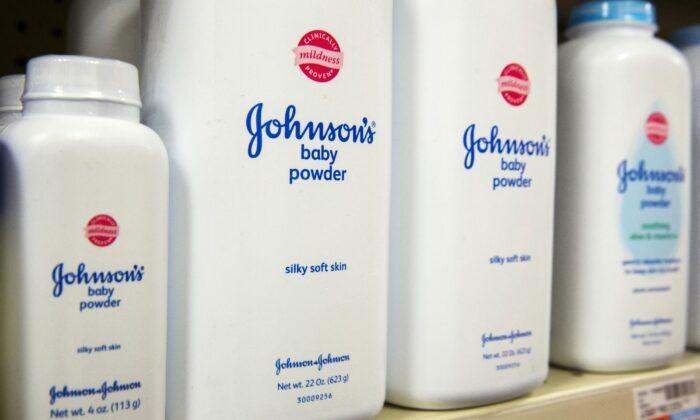Some of the biggest stores across the United States are reportedly seeing a shortage of feminine hygiene products, while the cost of the essential items is rising as supply chain issues and sky-high inflation continues to plague the economy.
According to multiple posts on social media, consumers are finding it increasingly difficult to purchase tampons across U.S. stores including Walgreens, CVS, and Target.
The issue has also garnered attention from Sen. Maggie Hassan (D-N.H.) who took to Twitter on Monday and accused companies of price gouging.
“While we will continue to have products at shelf and online, it may only be in specific brands while we navigate the supply disruption,” the company said. “And, for customers looking for a specific product or brand, our website is up-to-date with the latest available store-level inventory information.”
CVS also confirmed a shortage in a statement to ABC News and said it too was working with suppliers to ensure an “ample supply” of feminine care products are available in its stores.
“In recent weeks, there have been instances when suppliers haven’t been able to fulfill the full quantities of orders placed,” the company said. “If a local store is temporarily out of specific products, we work to replenish those items as quickly as possible.”
Meanwhile, Procter & Gamble, which makes Tampax tampons and Always pads, told ABC News it is “producing tampons 24/7” in an effort to meet demand and insisted that the situation is temporary.
“We understand it is frustrating for consumers when they can’t find what they need,” the company said. “We can assure you this is a temporary situation, and the Tampax team is producing tampons 24/7 to meet the increased demand for our products. We are working with our retail partners to maximize availability, which has significantly increased over the last several months.”
P&G said in its April earnings call that ongoing supply chain constraints would lead to a fresh round of price hikes for its U.S. feminine, home, and oral care this July.
I Support the Girls, a group that provides menstrual products and other essential items to women in need, has reported a 60 percent drop in donations this year compared to 2020.





